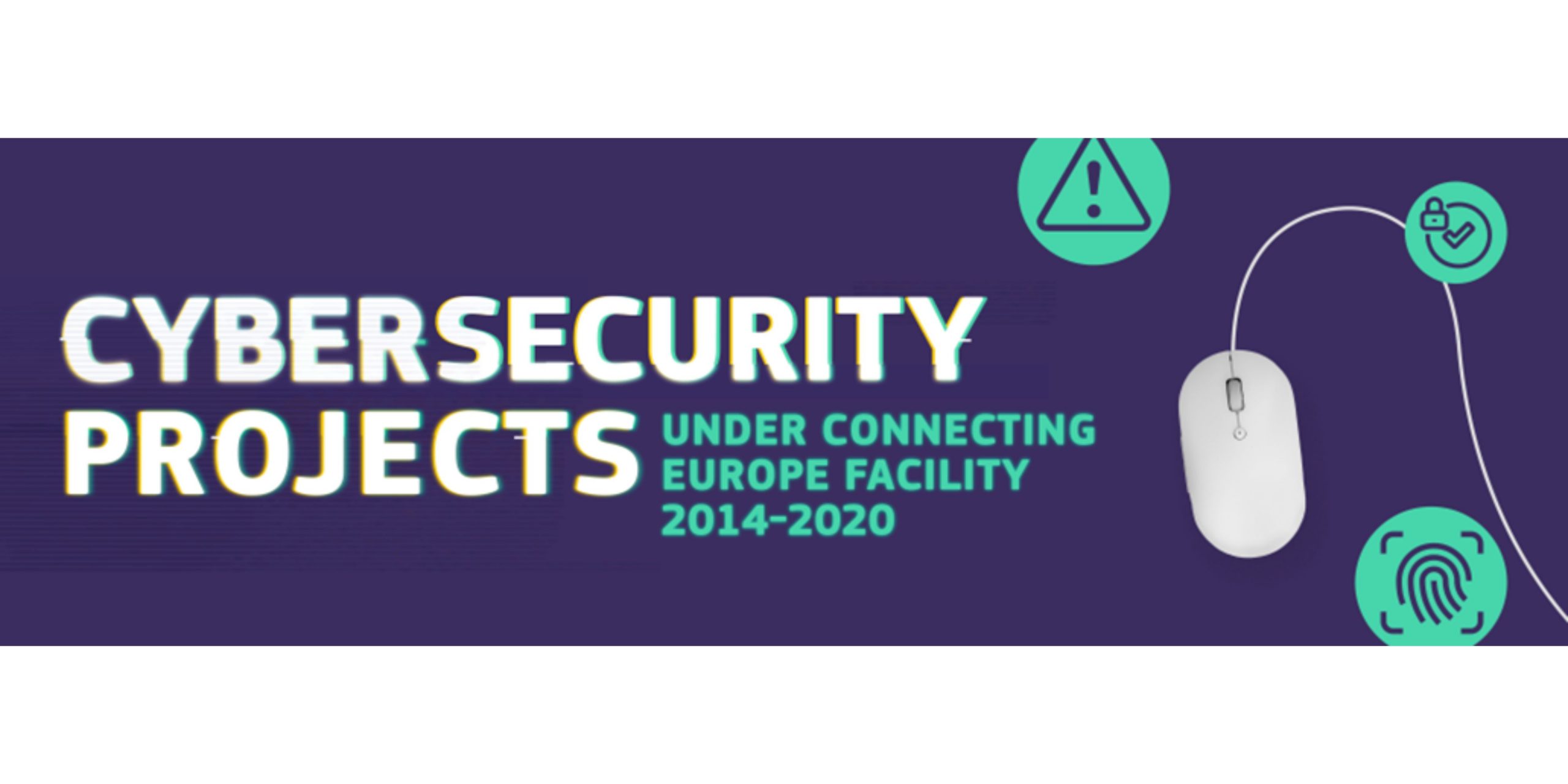98 projects on cybersecurity have received EU funding through the Connecting Europe Facility (CEF) Telecom between 2014 and 2020. They have strengthened the capacity to deal with cyber-threats and incidents across the EU.
The total cost of the projects is €62.2 million, out of which €43.7 million comes from the EU. The main objectives are to improve cybersecurity through timely and effective collaboration between EU countries and to contribute to improving the EU’s cybersecurity resilience as laid out in the EU Cybersecurity strategy.
With the funding received, operators of essential services have boosted their own internal cybersecurity capabilities and have engaged with relevant Information Sharing and Analysis Centres (ISACs) involving industry peers and public authorities. National bodies have primarily focused on implementing the EU legislation by exchanging best practices, training staff and setting up incident reporting mechanisms. Computer emergency response teams (CERTs) have expanded their capacities to run cybersecurity services and to co-operate across borders. Their cooperation is further facilitated by MeliCERTes, a platform set up by the European Commission with a common set of tools for information sharing and maturity development for CERTs. The projects have also supported activities to cooperate more effectively at EU level and to roll out Cybersecurity certification schemes.
Read more about cybersecurity in the EU.
Countries participating
Cybersecurity actors from 26 EU countries and one EEA country have benefitted from these projects involving one or more partners.
Achievements in figures
The funding has contributed to the increased cybersecurity capabilities of:
- 21 computer emergency response teams (CERTs) via 31 projects,
- 4 national authorities in their 4 projects,
- 35 operators of essential services (OES) across sectors of energy, health, finance, transport and water supply through 41 projects,
- 3 national Information Sharing and Analysis Centres (ISACs) have been created in the energy, aviation and telecommunications sectors.
In addition:
- many of the partners have engaged in 8 cooperation projects for the EU’s joint cybersecurity preparedness and shared situational awareness.
- 17 organisations have worked on cybersecurity certification for ICT products, services and processes in 9 projects.
- 2 projects have focused on cybersecurity of self-driving cars – cooperative, connected and automated mobility (CCAM).
Additional funding for cybersecurity in Europe is available under the Digital Europe programme.
Background information
Source: European Commission I HADEA (https://bit.ly/3TzEBgI)
